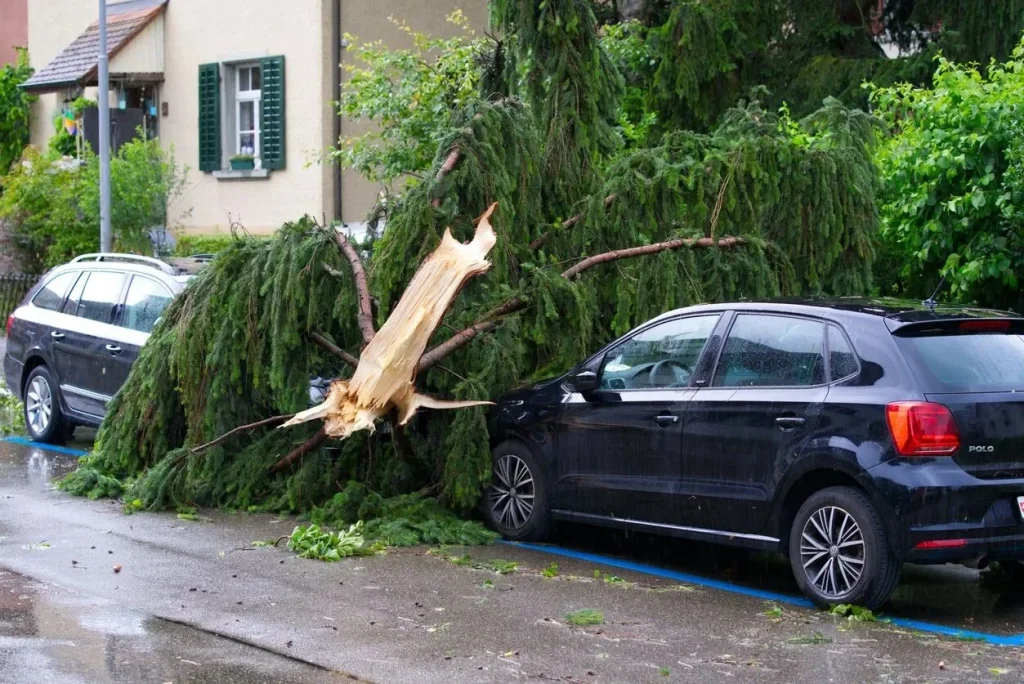After a car accident, the first concern is often safety and health. But once that settles, the next question is usually about repairing or replacing damaged property. Whether it’s your car, a fence, or other belongings, knowing how to file a property damage claim helps you recover your losses faster and with less stress.
Many people turn to a property damage lawyer to guide them through the process and handle the paperwork correctly. Even a small mistake can slow things down or lead to a denied claim. Understanding the steps involved makes it easier to protect your rights and get fair compensation.
Contact the Authorities and Gather Evidence
Always start by contacting the police after an accident. Even if it seems minor, having an official report helps support your claim later. The report records details like location, time, and possible fault—all useful when negotiating with insurers.
At the scene, take photos of the damage, road conditions, license plates, and any visible injuries. Collect contact information from other drivers, passengers, and witnesses. These details create a clear record of what happened and can make or break your case Property Damage Claim.
Notify Your Insurance Company
Call your insurance company as soon as possible. Most insurers have strict deadlines for reporting accidents, and waiting too long can hurt your claim. Be honest and detailed about what happened, but avoid admitting fault until the investigation is complete.
If another driver is at fault, your insurance company may contact their insurer directly. You’ll likely need to provide a copy of the police report, photos, and any estimates for repairs.
Get a Damage Estimate
The insurance adjuster will usually inspect your vehicle or property to determine the cost of repairs. You can also get your own repair estimates for comparison. If you disagree with the adjuster’s number, you have the right to request a re-evaluation or appeal the decision.
Having detailed repair quotes gives you leverage and ensures the insurer doesn’t undervalue the damage. Keep copies of all paperwork and receipts related to the claim.
Understand the Coverage You Have
Your claim will depend on the type of coverage included in your policy. For example:
- Collision coverage pays for damage to your car regardless of who caused the accident.
- Comprehensive coverage pays for non-collision damage, such as theft, fire, or natural disasters.
- Property damage liability covers the other person’s property if you’re found at fault.
Reviewing your policy before filing helps you understand what’s covered and what you might need to pay out of pocket.
Keep Records and Follow Up
Stay organized. Keep every communication, estimate, and receipt in one place. Insurance claims can take time, so follow up regularly. Ask for updates and take note of who you speak to and when.
If you start feeling ignored or pressured into accepting a low offer, this is when legal help can make a real difference. A lawyer can ensure the insurer follows the rules and treats your claim fairly.
When to Hire a Lawyer
Filing a claim may sound simple, but disputes often arise—especially if the insurer delays payment or blames you unfairly. A property damage lawyer can step in to negotiate, gather stronger evidence, and handle communication with the insurance company.
Lawyers also help calculate the true cost of your losses, including rental car fees, towing charges, or diminished vehicle value. With professional guidance, you’re less likely to settle for less than you deserve.
Settlement or Lawsuit
Once both sides agree on the value of the claim, the insurer issues payment. If the insurer refuses to pay fairly, you can take legal action. Most cases are resolved through negotiation, but sometimes a lawsuit is necessary to get proper compensation.
Your lawyer can file a claim in court and represent you through the process if needed. While it may take time, it often leads to a more just outcome.
Key Takeaways
- File a police report and gather strong evidence immediately after the accident.
- Notify your insurance company as soon as possible and stay honest.
- Understand your coverage and compare repair estimates.
- Keep records of all communication, bills, and documents.
- A property damage lawyer can help if your insurer delays or undervalues your claim.
Our spotlight story—check the Explore More at 2A Magazine that’s making waves!







